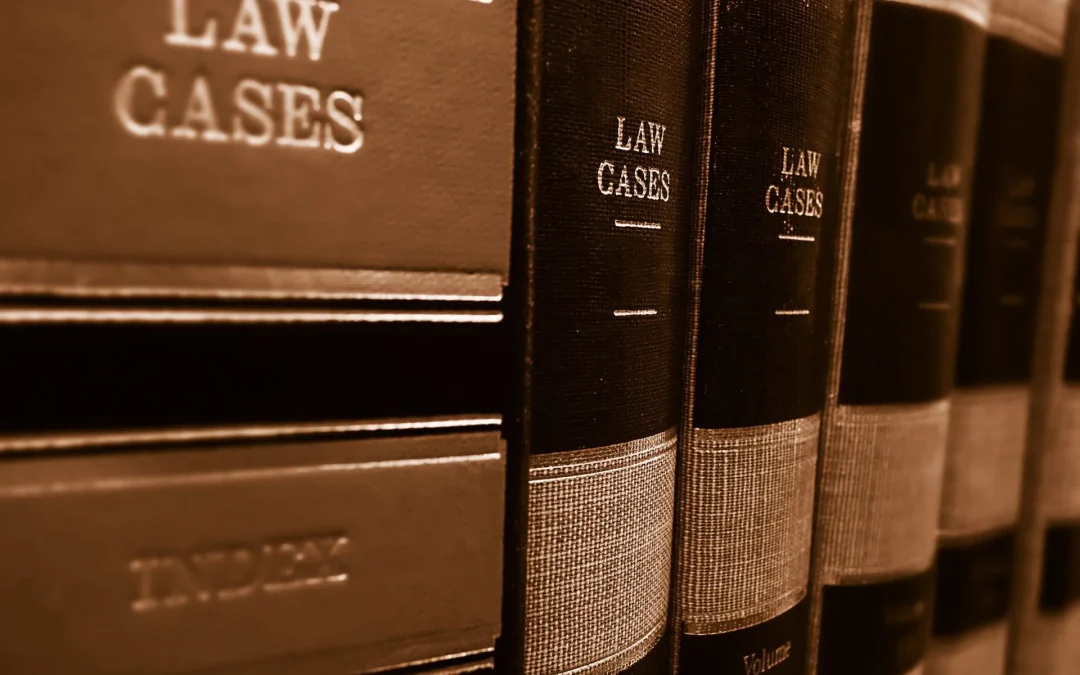Criminal attorney can help you build a strong case ahead of trial
Criminal attorney in Boise and Nampa ID can help you build a strong defense in your case. When facing criminal charges, building a strong defense is crucial to protect your rights and secure a favorable outcome. Effective criminal defense attorneys employ various proven tactics to construct a compelling case that challenges the prosecution’s evidence and arguments. In this article, we will explore some of the key techniques utilized in criminal defense to help defendants achieve the best possible outcome.
1. Thorough Investigation and Evidence Collection:
A strong defense begins with a comprehensive investigation of the case. A skilled defense attorney will meticulously review all available evidence, including police reports, witness statements, forensic reports, and any other relevant documentation. They may also conduct independent investigations, gather their own evidence, and consult with experts, such as private investigators, forensic specialists, and medical professionals, to uncover any inconsistencies or weaknesses in the prosecution’s case.
2. Legal Motion Practice:
Strategic use of legal motions is a common technique employed by criminal defense attorneys. These motions aim to challenge the admissibility or credibility of certain evidence or to suppress evidence obtained through illegal means, such as violations of search and seizure laws. Defense attorneys may file motions to dismiss the case if there are constitutional violations or insufficient evidence to proceed to trial. By effectively leveraging these legal motions, defense attorneys can create opportunities for case dismissal or negotiate more favorable plea agreements.
3. Cross-Examination and Witness Impeachment:
Cross-examination is a crucial component of any criminal trial. Defense attorneys skillfully question the prosecution’s witnesses to uncover inconsistencies, biases, or motives that may undermine their credibility or cast doubt on their testimony. Through meticulous preparation and knowledge of the case details, defense attorneys can expose inconsistencies in witness statements, reveal alternative explanations, or highlight any ulterior motives that may affect witness testimony. Additionally, defense attorneys may employ impeachment techniques such as introducing prior inconsistent statements or questioning a witness’s character or reputation to challenge their credibility.
4. Expert Witnesses:
Utilizing expert witnesses can significantly bolster a defense case. These professionals possess specialized knowledge and qualifications that can provide critical insights into complex scientific, technical, or forensic aspects of a case. For example, DNA experts, forensic psychologists, or accident reconstruction specialists can offer alternative explanations or challenge the prosecution’s theories, enhancing the defense’s position. Expert witnesses can provide objective analysis, conduct independent testing, and offer opinions that support the defendant’s version of events, thereby strengthening the defense’s argument.
5. Constructing Alternative Narratives:
Developing alternative narratives is a powerful defense strategy. By presenting a plausible alternative version of events, defense attorneys can create doubt in the minds of the jurors and undermine the prosecution’s case. This may involve challenging the prosecution’s timeline of events, identifying alternative suspects, or presenting evidence that supports self-defense, necessity, or other justifications for the defendant’s actions. Crafting a persuasive and coherent alternative narrative requires careful analysis of the evidence, effective storytelling skills, and a deep understanding of the nuances of the case.
6. Negotiation and Plea Bargaining:
While preparing a strong defense for trial is crucial, experienced defense attorneys also recognize the value of negotiation and plea bargaining. They engage in discussions with the prosecution to explore the possibility of reducing charges, securing a favorable plea agreement, or obtaining diversion programs that can lead to the dismissal of charges upon successful completion. Skilled negotiators leverage their understanding of the strengths and weaknesses of their case to achieve the best possible outcome for their clients, considering factors such as potential sentence length, collateral consequences, and the likelihood of success at trial.
7. Suppressing Unlawfully Obtained Evidence:
The Fourth Amendment protects individuals from unreasonable searches and seizures. If the defense believes that evidence was obtained through an unlawful search or seizure, they can file a motion to suppress that evidence. This tactic challenges the admissibility of the evidence and, if successful, can significantly weaken the prosecution’s case. Defense attorneys carefully scrutinize the circumstances surrounding the search or seizure, ensuring that law enforcement followed proper protocols and respected their clients’ constitutional rights.
8. Presenting Alibi and Establishing Reasonable Doubt:
Establishing an alibi is a common defense strategy, particularly in cases where the defendant’s presence at the scene of the alleged crime is a crucial element of the prosecution’s case. By presenting credible evidence, such as witness testimonies, surveillance footage, or documented activities, the defense can demonstrate that the defendant was elsewhere at the time the crime occurred. This tactic casts doubt on the prosecution’s case and strengthens the defense’s argument that someone else may be responsible for the crime.
9. Demonstrating Lack of Intent or Knowledge:
In certain cases, the defense may argue that the defendant lacked the necessary intent or knowledge to commit the alleged crime. This defense strategy is particularly relevant in crimes that require specific intent or knowledge elements, such as certain types of fraud or drug offenses. The defense may present evidence suggesting that the defendant was unaware of illegal activities or did not possess the requisite intent to commit the crime. By challenging the prosecution’s ability to prove the defendant’s mental state, the defense can weaken the case against their client.
10. Jury Selection and Persuasion:
The selection of an impartial and sympathetic jury is a critical aspect of any criminal trial. Defense attorneys employ careful jury selection techniques to identify potential jurors who may be more receptive to the defense’s arguments or who may have biases that could be detrimental to the prosecution’s case. During the trial, defense attorneys use persuasive techniques to engage jurors emotionally and intellectually, presenting evidence and arguments that challenge the prosecution’s narrative and raise reasonable doubt. Effective storytelling, clear presentation of facts, and compelling closing arguments are all tools used to sway the jury in favor of the defense.
Hire the best criminal attorney in Boise and Nampa ID
Jacobson & Jacobson Law Firm, since 1982, is committed to serving the Boise and Nampa, Idaho areas for your top Criminal Defense, Personal Injury, Business Law, Estate Planning, Family Law, Immigration Law, and Litigation needs. Contact us today to get started. For a free 30-minute consultation, book here: https://calendly.com/jfj-1


